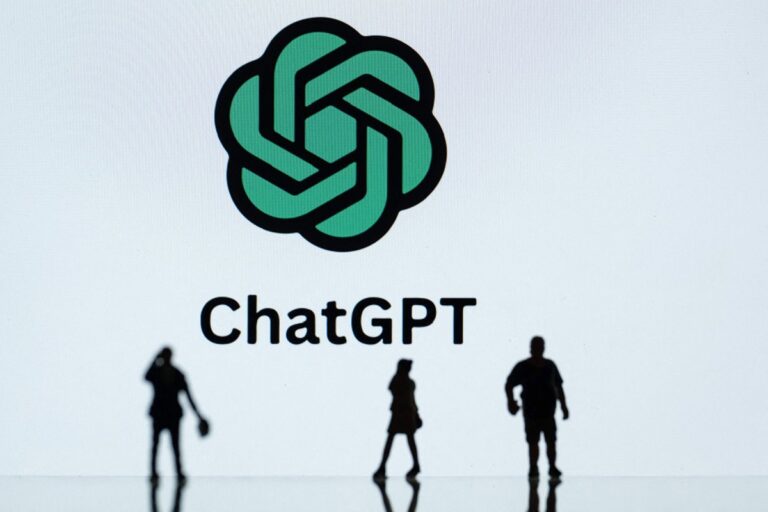Meta Staff Discuss Controversial Use of Copyrighted Content for AI Training, Court Filings Reveal
Meta has faced scrutiny over its practices involving the use of copyrighted works to train its artificial intelligence models, as revealed by recently unsealed court documents. These documents, part of the ongoing case Kadrey v. Meta, highlight internal discussions among Meta employees regarding the legality of using such materials for AI training.
Internal Discussions on Copyrighted Data Use
In the case of Kadrey v. Meta, plaintiffs, including notable authors like Sarah Silverman and Ta-Nehisi Coates, challenge Meta’s claim that using copyrighted content falls under “fair use.” The unsealed documents provide insight into how Meta might have navigated the complex landscape of copyright law in its AI development.
Meta’s AI Training Strategies
Internal chats reveal that Meta employees discussed acquiring copyrighted books for model training, even acknowledging potential legal risks. Key points from these discussions include:
- Risk-Taking Philosophy: Employee Xavier Martinet suggested adopting a “ask for forgiveness, not permission” approach.
- Consideration of E-Books: Martinet proposed purchasing e-books at retail prices instead of negotiating licenses with publishers.
- Competitive Pressure: Employees expressed concern that not utilizing available resources could jeopardize Meta’s position in the AI market.
Concerns Over Legal Implications
Meta’s conversations included cautionary notes about the legality of using publicly available data and discussions about the platform Libgen, known for aggregating access to copyrighted materials. Notably, Libgen has faced numerous legal challenges due to copyright infringement, raising significant concerns for Meta.
Strategizing Around Legal Risks
In a communication to Meta AI VP Joelle Pineau, director Sony Theakanath emphasized the importance of using Libgen data while outlining measures to mitigate legal risks:
- Remove any data from Libgen marked as pirated or stolen.
- Avoid public acknowledgment of using Libgen datasets for training.
This highlights a strategic approach to navigating the complex legal landscape surrounding AI training data.
Training Data Requirements
Within these discussions, it became apparent that Meta’s existing datasets from platforms like Facebook and Instagram were deemed insufficient for the company’s ambitious AI goals. As noted by Chaya Nayak, director of product management, there is a pressing need for more comprehensive training data.
Legal Stakes and Future Developments
The ongoing legal battle in Kadrey v. Meta raises questions about the ethical implications of AI training practices. Meta has bolstered its legal defense team with high-profile litigators as the case progresses through the U.S. District Court for the Northern District of California.
As this situation unfolds, it underscores the necessity for companies in the AI sector to navigate copyright laws responsibly. For more on the implications of copyright in AI, visit [Electronic Frontier Foundation](https://www.eff.org).
Meta has yet to issue a public statement regarding these revelations, leaving many questions unanswered about its data usage policies and future compliance with copyright laws.







